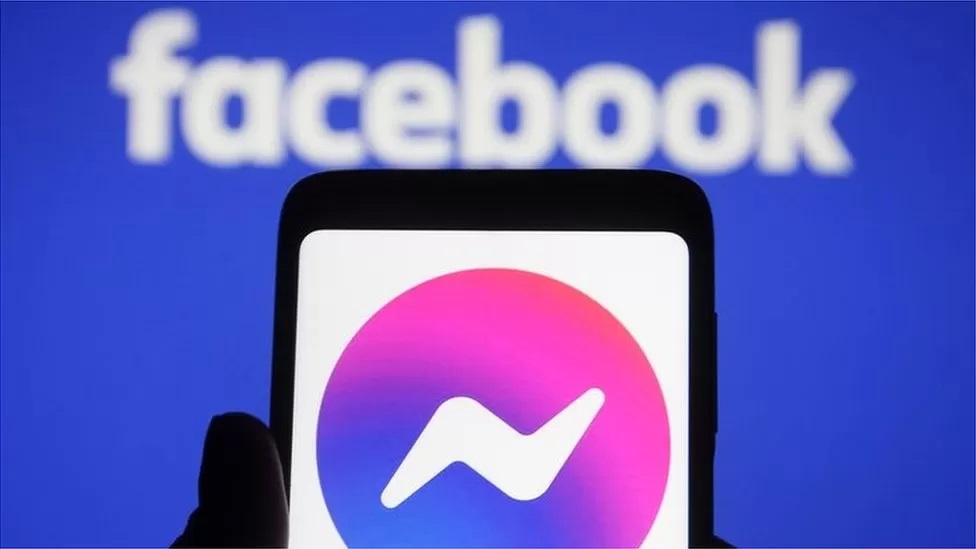Meta’s Mark Zuckerberg is on a collision course with the UK government over continued plans to build super-secure messaging into all his apps despite a potential landmark law that could effectively outlaw the technology. Around the world, governments that also oppose the popular technology are watching the showdown closely to see who will blink first.
“End-to-end encryption”, “backdoors” and “client-side scanning” – the biggest row in technology sounds very complicated.
But really it comes down to a very simple question. Should technology companies be able to read people’s messages?
That is the crux of a row that has been brewing for years between Silicon Valley and the governments of at least a dozen countries around the world.
WhatsApp, iMessage, Android Messages and Signal all use the super-secure system called end-to-end encryption.
The technology means only the sender, at one end, and the receiver, at the other, can read messages, see media or hear phone calls. Even the app makers cannot access the content.
Big switchover
In the past 10 years, end-to-end encrypted apps have become increasingly popular, with billions of people using them every day.
Most governments and security agencies reluctantly accepted the technology’s rise – until four years ago, when Mr Zuckerberg announced on stage the Messenger app and then Instagram would move to end-to-end encryption as standard.
“We’re going to enable more than two billion people around the world to have their most personal conversations with each other privately,” he said.
Since then, Mr Zuckerberg and his army of engineers have slowly and quietly been cracking on with the project. The company is refusing to speak to reporters on the record about how the mammoth task is going or when the big switchover will be. “By the end of 2023,” is all it will say publicly.



